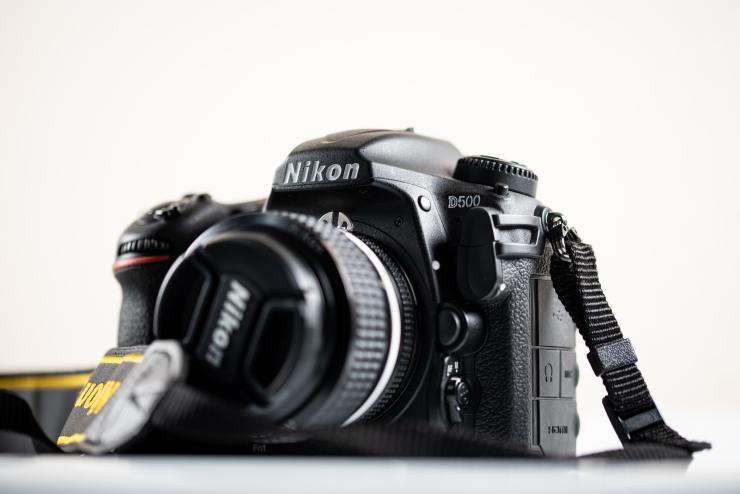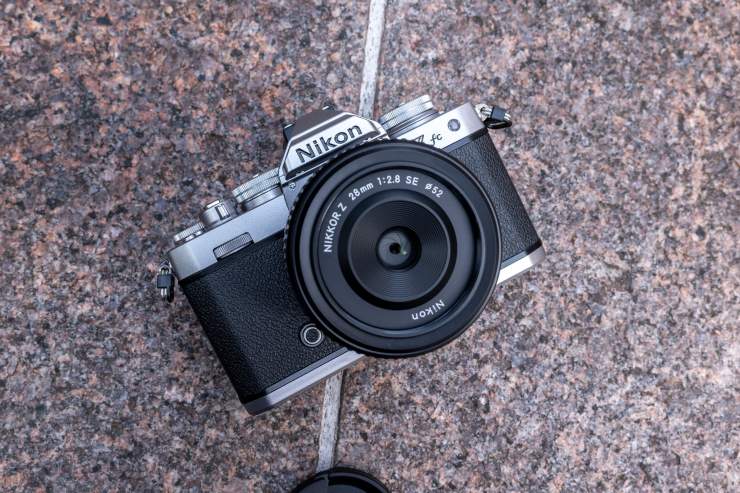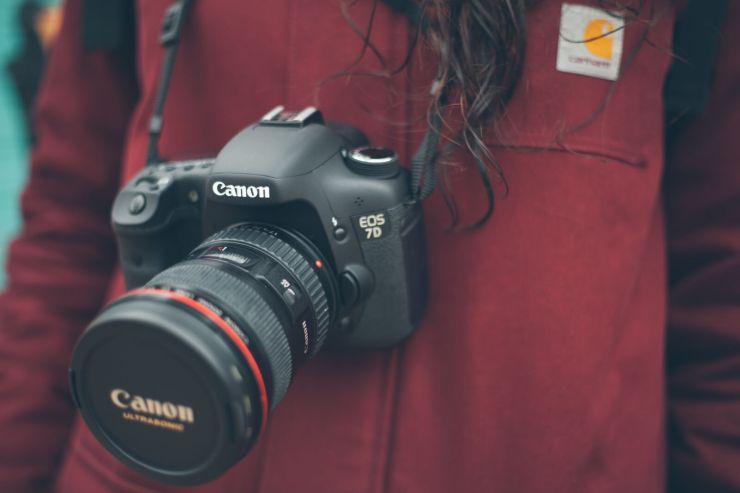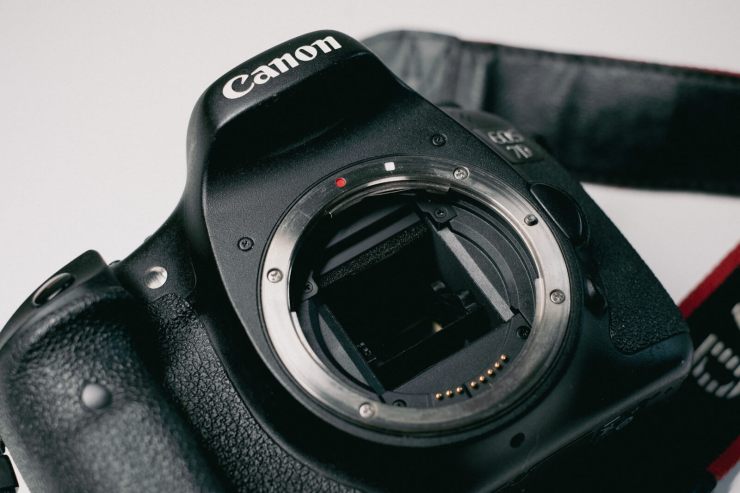There was a time when Canon produced some of the finest APS-C cameras on the market. If reports are to be believed, an upcoming camera — dubbed the Canon EOS R7 — could make Canon a major player in the APS-C space once again.
According to a recent report at Canon Rumors, we might see a mirrorless RF mount APS-C camera later this year. The Canon EOS R7, which may or may not be its final name, could sport pretty impressive specs, including:
- A 32-megapixel BSI sensor and a DIGIC X processor
- Capabilities to shoot 20 frames per second
- Dual card slots, including 1 CFexpress slot
- 4K at 60 fps and 1080 and 240 fps
- A combo of ergonomics from the EOS R5 and EOS R6
On paper, this sounds like a camera that wildlife, sports and bird photographers would love to use. Furthermore, if Canon’s recent mirrorless cameras are anything to go by, the Canon EOS R7 could likely sport a rugged body, which would make it a true mirrorless successor to the workhorse EOS 7D and EOS 7D Mark II.
An EOS R7 could spark a return to the good old days

As mentioned in the intro, the APS-C space was once a hotly contested one, with juggernauts such as the Canon EOS 7D/7D II and the Nikon D500 going toe-to-toe for many years. Hopefully, the Canon EOS R7 or another pro-grade APS-C camera can help spark those wars again.
Of course, the above is speculation, but an APS-C camera from Canon with an RF mount and specs like those listed above will likely ignite the APS-C camera space, which is no bad thing. Let’s be honest. The mirrorless APS-C camera space has been pretty dire for a while. Sony has dropped the APS-C ball, Nikon is trying but is falling short and Fujifilm seems to have lost the will to innovate.
Current APS-C cameras are not up to snuff

Current APS-C cameras are generally fine for their intended prosumer market, but none of them match the ruggedness that DSLR APS-C cameras do. In addition to this, Sony’s APS-C offerings are all long in the tooth, and while some models do have weather sealing (Sony a6400 and a6600), they’re not built to withstand harsh elements and roughhousing.
The same can be said about Nikon’s offerings too. The Nikon Z50 is a fine camera, but it’s not built to survive the sidelines of a football field or trips into the wild like the old king of APS-C cameras — the D500 — was; neither is the Nikon Z fc (read our review). Current Mirrorless APS-C cameras, apart from the Fujifilm X-T4 and X-Pro 3, are aimed squarely at consumers, and that’s OK, but honestly, this needs to change. There’s a need for more professional-grade APS-C cameras, like the reported Canon EOS R7.
The industry needs more pro-grade APS-C cameras

You’re probably wondering why I’m in favor of manufacturers pumping out APS-C and crop sensor cameras when Full-Frame cameras have become so attainable. Well, news flash, not everybody needs a Full-Frame camera for their type of photography. There are several genres of photography where APS-C and other crop sensor cameras are better than Full-Frame offerings.
Crop sensor cameras are fantastic for wildlife, sports, aviation and bird photography, thanks to the extra reach they offer. For example, imagine the Canon RF 600mm or RF 800mm lenses on the Canon EOS R7. Those lenses would effectively give focal lengths of 960mm and 1280mm, respectively. Likewise, the stellar RF Canon 100-500mm f/4.5-7.1 would offer a focal range of 160-800mm. When used on a crop body, these lenses would make creating compelling wildlife images much easier.
Let’s hope the Canon EOS R7 is real

An APS-C camera in the mold of a Canon EOS R7 is precisely what the market needs right now. Unfortunately, every manufacturer has focused so much on the full-frame market that the APS-C market has suffered greatly. This is not ideal for photographers who rely on the benefits of crop sensor cameras. I know many photographers who would like to transition to mirrorless from DSLRs; however, options are lacking.
Imagine a fully weather-sealed, rugged APS-C camera from Canon that can utilize arguably the best mirrorless lenses on the market that also packs the same autofocus system found in cameras like the EOS R5 and R6. It sounds pretty great to me. Hopefully, Canon will put effort into creating APS-C-specific RF lenses as well.
Ideally, Nikon, Fujifilm and Sony will redouble their efforts in the mirrorless APS-C space. They’re going to have to if they want to match the hyped Canon EOS R7. If these companies do, wow, that’s exciting to ponder. Perhaps we’ll see a return to the glory days of professional-grade APS-C cameras duking it out on the sidelines at sporting events and in the wild instead of being left to stew in prosumer land.
What do you think? Do we need more pro-grade APS-C cameras? Sound off in the comment section.
Tell your story with the second annual Visual Storytelling Conference!
Experience four days of interactive, online training sessions featuring a range of educational content with experienced photographers and content creators. This free event kicks off with a series of technical boot camps to build essential skills, followed by live, online sessions on photography, video, business and social media. Join live from March 10-13, 2022!
